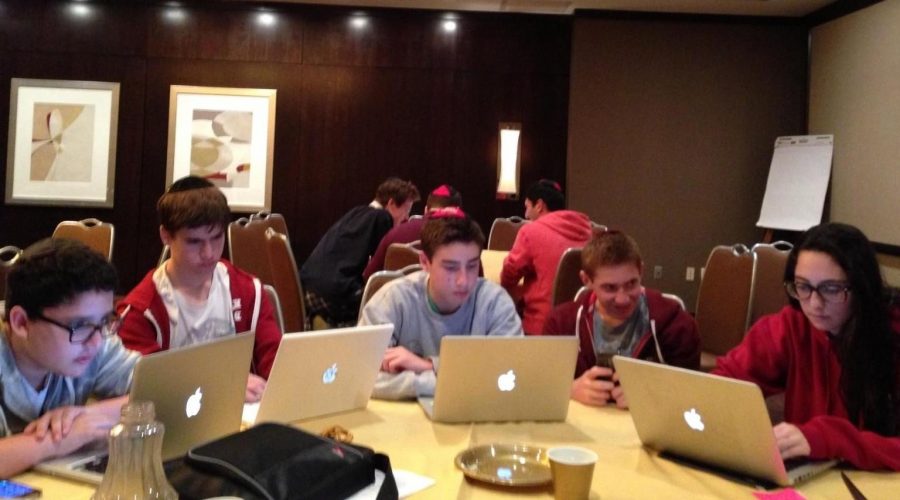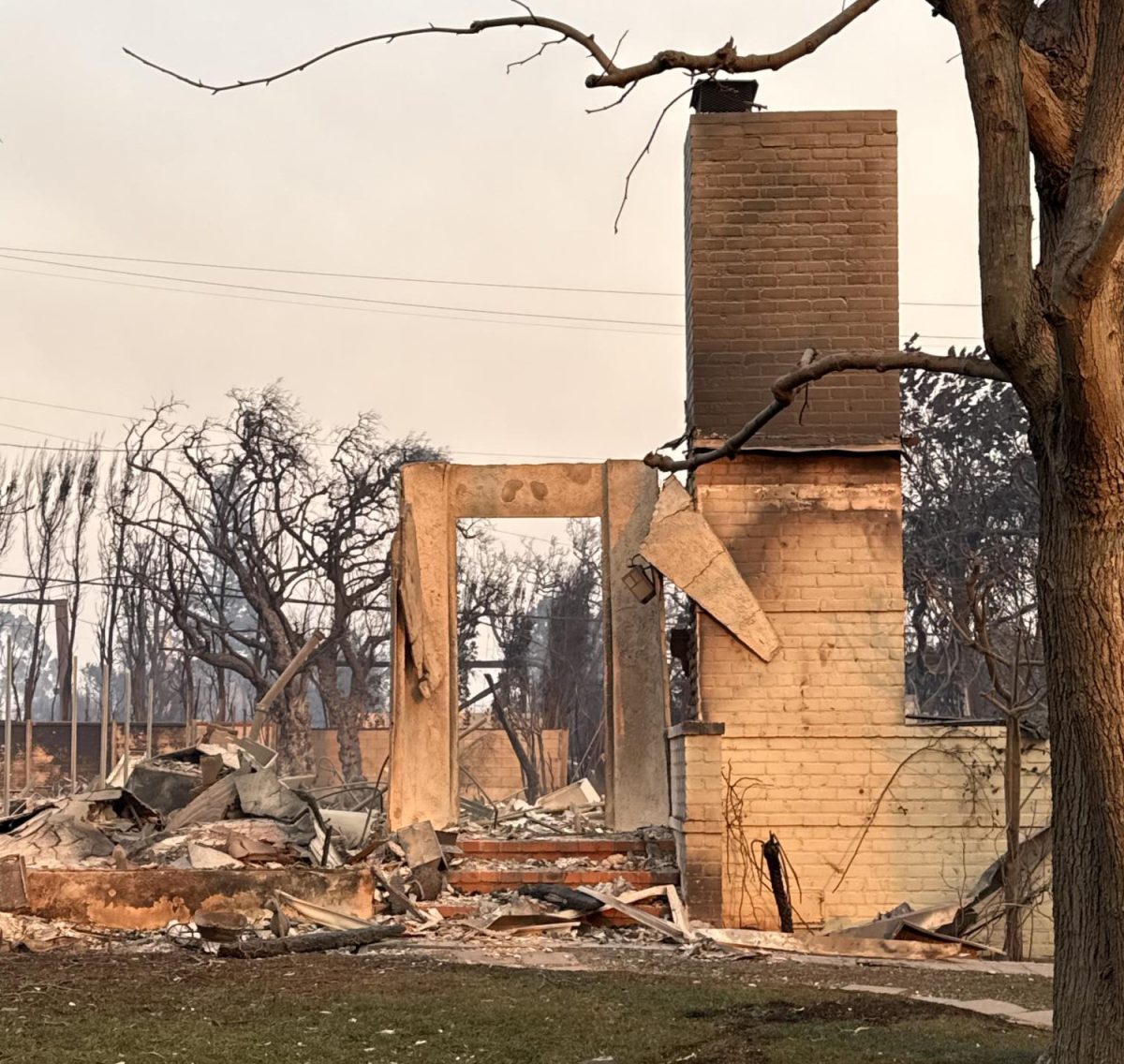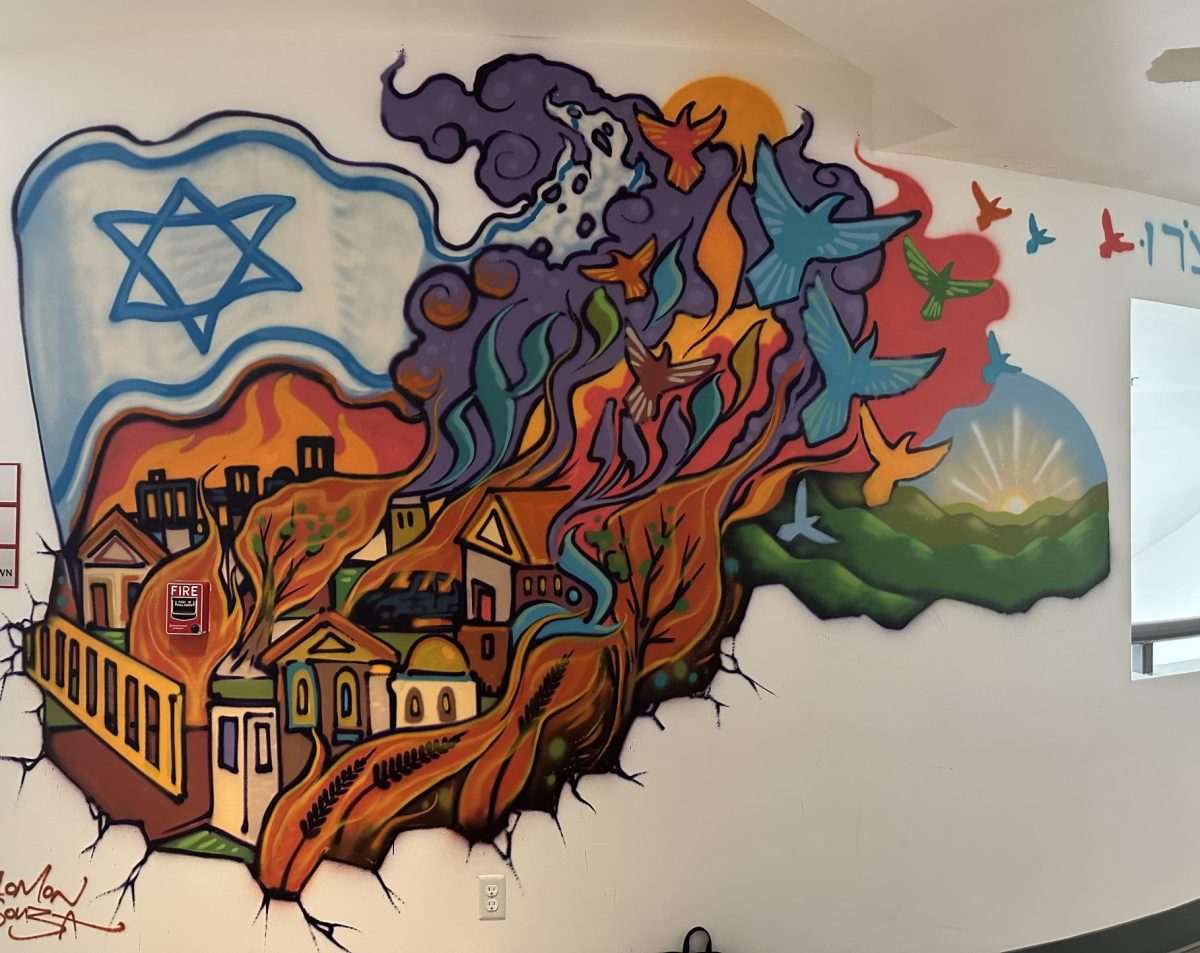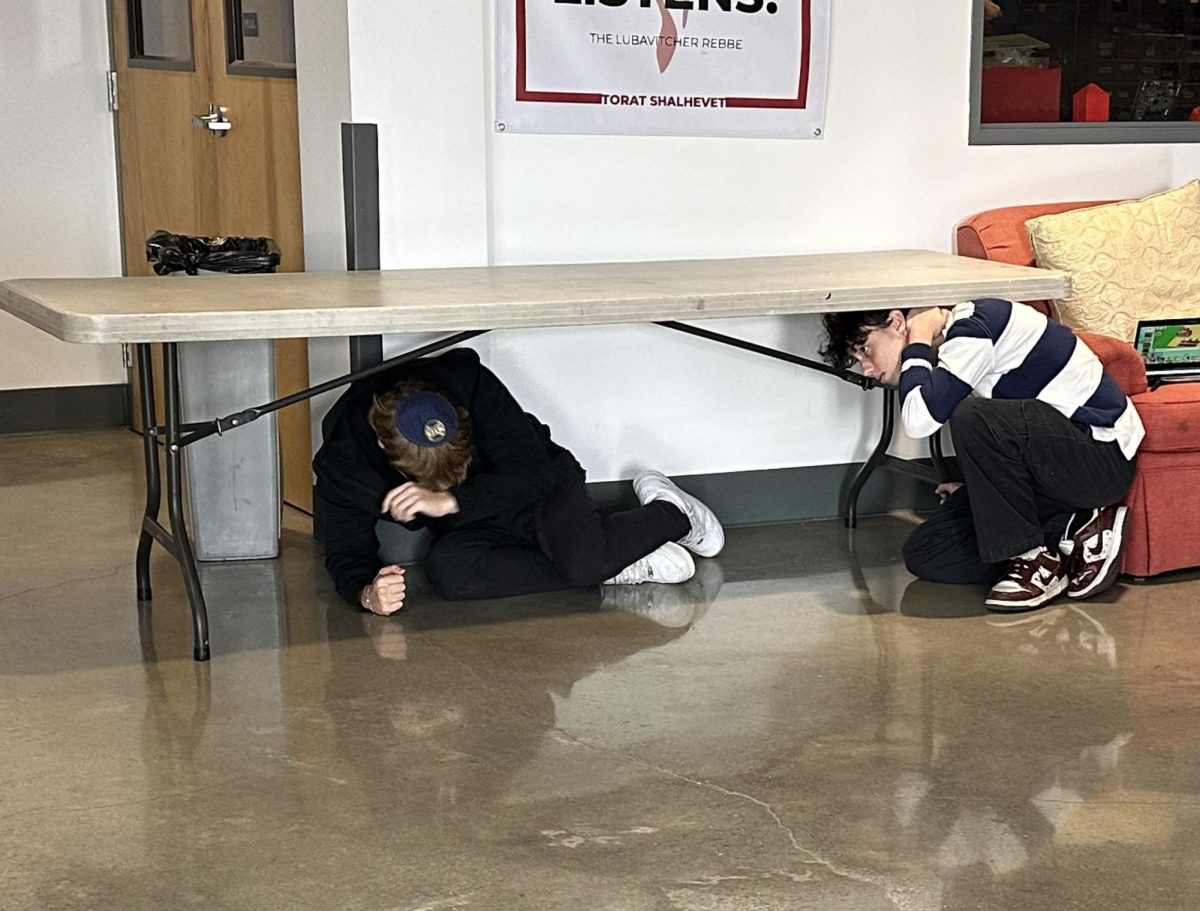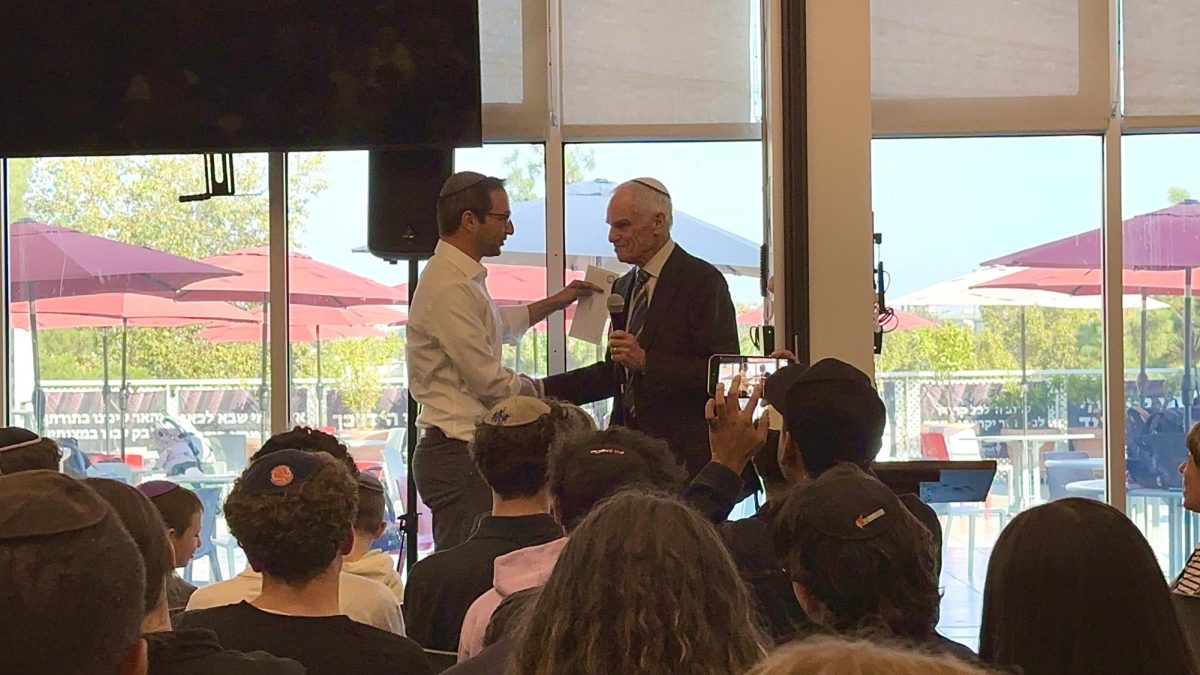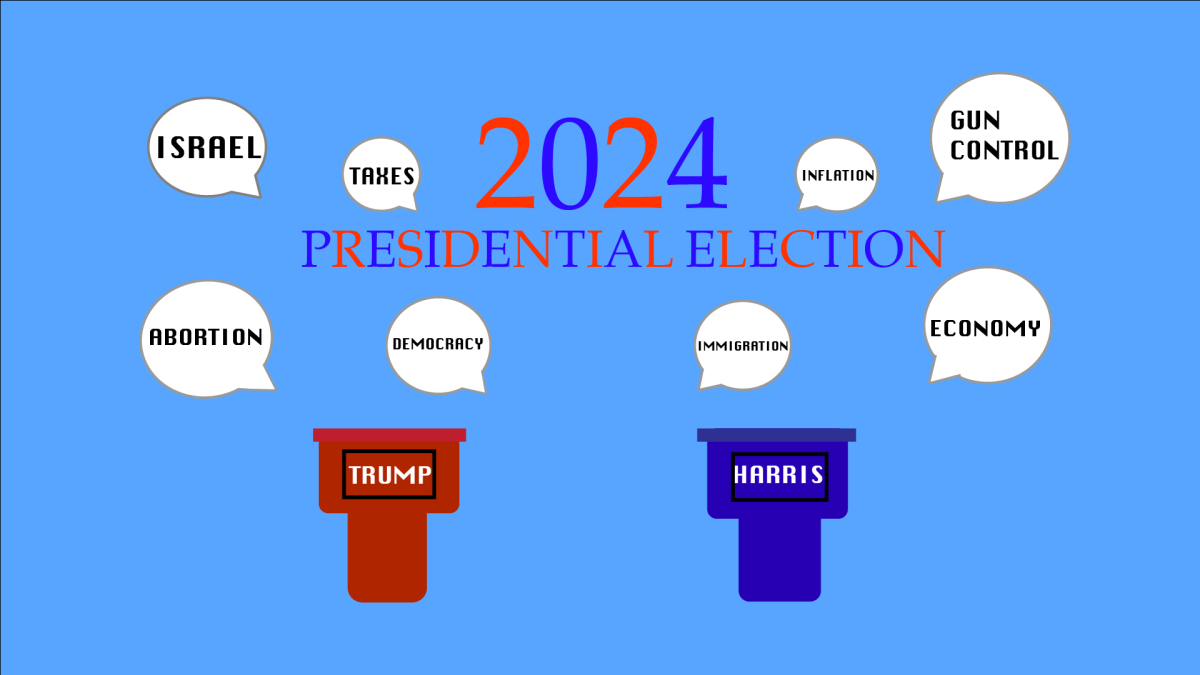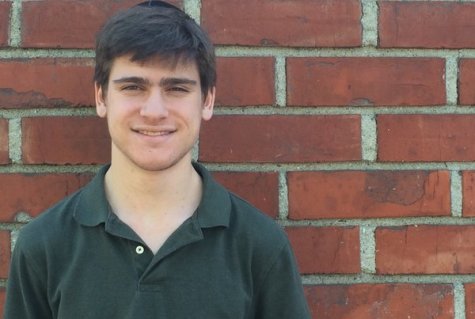Princeton Model Congress is a four-day marathon of bickering, shouting, and arguing that would not fall under the conventional definition of fun. It involves dozens of public and prep schools from across the eastern seaboard, whose students congregate with Shalhevet’s in Washington D.C. There, they do their best to mimic the machinations going on in the Capitol Building, located just up the street from the Hyatt Hotel where the conference is staged.
Under high scrutiny from the chairs of their Model Congressional committees, debaters exchange and debate bills which they have composed themselves. The chairs, after moderating four days of bitterly fierce competition, select their committees’ three winners each: those who articulated the best, knew the most, and participated fully.
At the most recent conference last November, Shalhevet’s team tied for second place overall, with 14 individual awards, in spite of missing sessions held Friday night and Saturday. They were outmatched only by the Trinity School of Manhattan, named the top prep school in the U.S. by Forbes Magazine in 2010, and they tied with the St. Ann’s school, also in New York, which the Wall Street Journal reported had the highest percentage of graduates to go to an Ivy League school in 2004.
And this year’s results were not unusual. Last year, the team won 10 awards at Princeton Model Congress; the year before that, it won nine. Additionally, at Penn Model Congress — a similar conference held second semester in Philadelphia — Shalhevet came in second and won 18 individual awards, along with 14 awards there in 2011 and the award for Best Large Delegation in 2010.
What is it that allows Firehawk debaters to have this level of success? It isn’t attendance. In order to observe Shabbat, the Shalhevet delegation misses two out of seven debating sessions at Princeton and three out of eight at Penn – absences that committee chairs often look down upon, and that at least reduce debaters’ ability to compete and make an impression.
Shalhevet’s debaters also battle sleep deprivation, partly because they take an overnight flight leaving Wednesday from Los Angeles in order to arrive in time to compete on Thursday evening, while most other students arrive by bus from neighboring states.
This year Shalhevet arrived at the Hyatt around 9 a.m. Eastern time, which was 6 a.m. L.A. time. Their hotel rooms only became available at 4 p.m., leaving the students only little time to rest for the evening events at 7.
During the conference, they can’t give one another on-site team support. Each 15-person committee consists of just one person from each school, so Model Congressmen spend most of their time debating in a room apart from their coach or any of their teammates. (Chairs are Princeton students.)
All in all, you wouldn’t expect the team members who participate in this event to have a good time, let alone be top contenders. But even more unexpectedly, students are swarming to get onto the team. At last fall’s Princeton tryouts, 25 students fought over seven spots, making it one of the most highly contested teams at school.
Debate team members have varying ideas about what makes them successful.
“I believe one’s ability to debate is natural,” said freshman Nicole Newman. “However, practice does make perfect. By going to debate practices and keeping up with the news, it definitely does help out.”
The adrenaline of the event, she said, is also key.
“You feel a rush,” Nicole said, “and are in the mood to debate. One’s mood is a big factor in winning an award.”
Sophomore Alex Schwartz, who won his first award at Princeton this year, believes that winning is not all about preparation or skill.
“It takes a little bit of luck,” Alex said. “A lot depends on how good at debating the rest of your committee is and, even more, how reliable of a judge your chairman is.”
Students also give credit to their coach, math and science teacher Mr. Christopher Buckley. With years of experience behind him, he helps students prepare their bills and makes himself available to answer questions and offer advice, not just at practice but whenever he can.
“Without him, we wouldn’t have the proper tools to debate,” said senior Daniel Schwartz, co-captain of the team along with fellow senior Erin Sharfman. “Chris Buckley’s leadership role is crucial for our success at several conferences.”
Mr. Buckley does much of this work at the weekly practices, where he mediates debates among team members who challenge one another’s bills. After hearing the arguments, he offers tips ranging from how to speak more effectively to how to come up with new angles in their arguments.
He also works with conference organizers to get Firehawk debaters placed into committees that interest them.
“I spent a significant part of my December break to plan the upcoming Penn trip,” said Mr. Buckley. He said at most of Shalhevet’s competitor schools, debate teams practice as part of a Speech and Debate class.
“Coordinating the trip is one of the primary things that their advisers do,” he said. “I have to do this on top of teaching my other classes.”
Mr. Buckley thinks Shalhevet’s team overcomes its handicaps of time loss and tiredness through a mix of natural talent and the school’s culture.
“One of the most important things is that we start with people who have natural ability,” said Mr. Buckley. “Additionally, there is a culture of this school that lends itself to the debate team. We never suffer a lack of students who want to speak their mind. Town Hall and even a lot of our classes often provide an outlet for students to speak in public.”
Whatever their keys to success, at this point the Model Congress Team has a growing reputation to uphold. Its members have already begun crafting bills and training for the next contest, Penn Model Congress, scheduled for February at the University of Pennsylvania in Philadelphia.
This year’s Penn team already has one accomplishment to its credit. Daniel Schwartz has been named one of two candidates running for President of the conference – that is, mock president of the United States — making him the first person from an Orthodox Jewish school to ever achieve this.
Daniel was chosen among 45 applicants, and thinks it could be a sign of things to come.
“I do believe America is ready for a Jewish President,” Daniel said, noting that had Al Gore been elected president in 2000, Sen. Joseph Lieberman – also an observant Jew – would have been vice president.
“I believe Jews have the opportunity to become not only Presidents, he added, “but great Presidents.”
So far, they’ve at least proven they can be great debaters.

